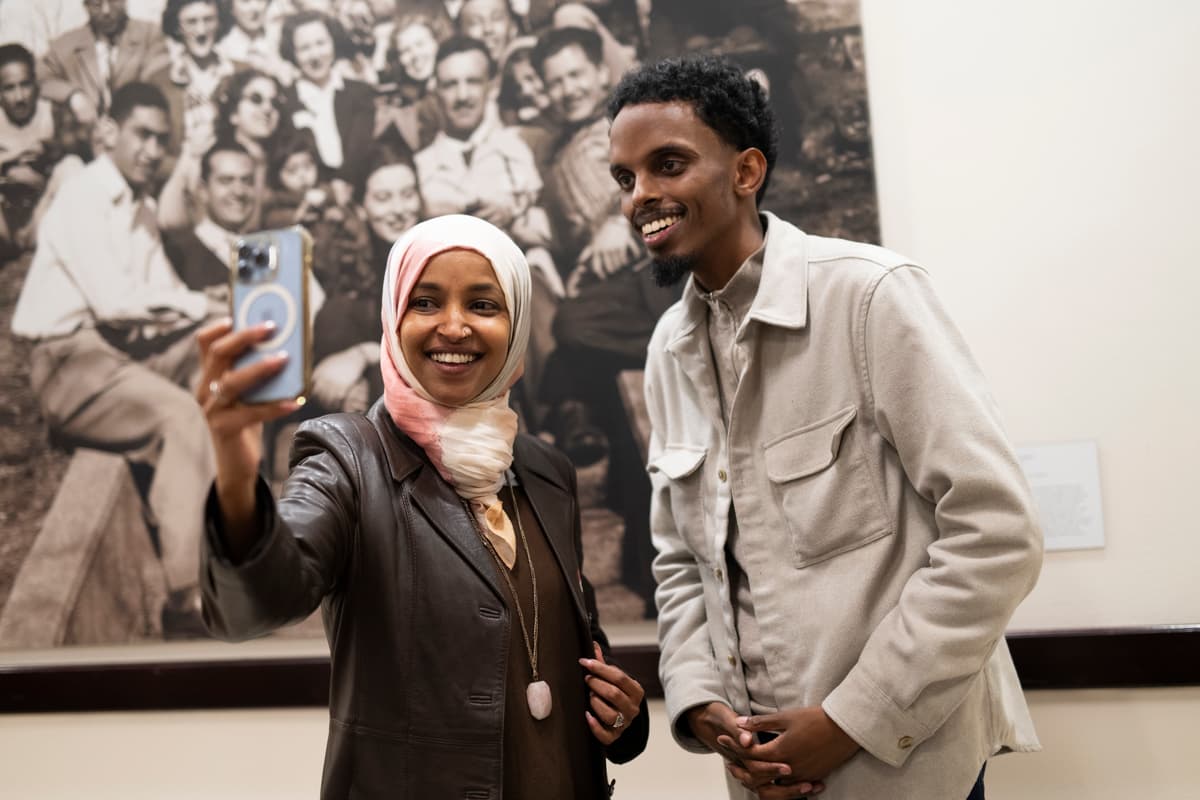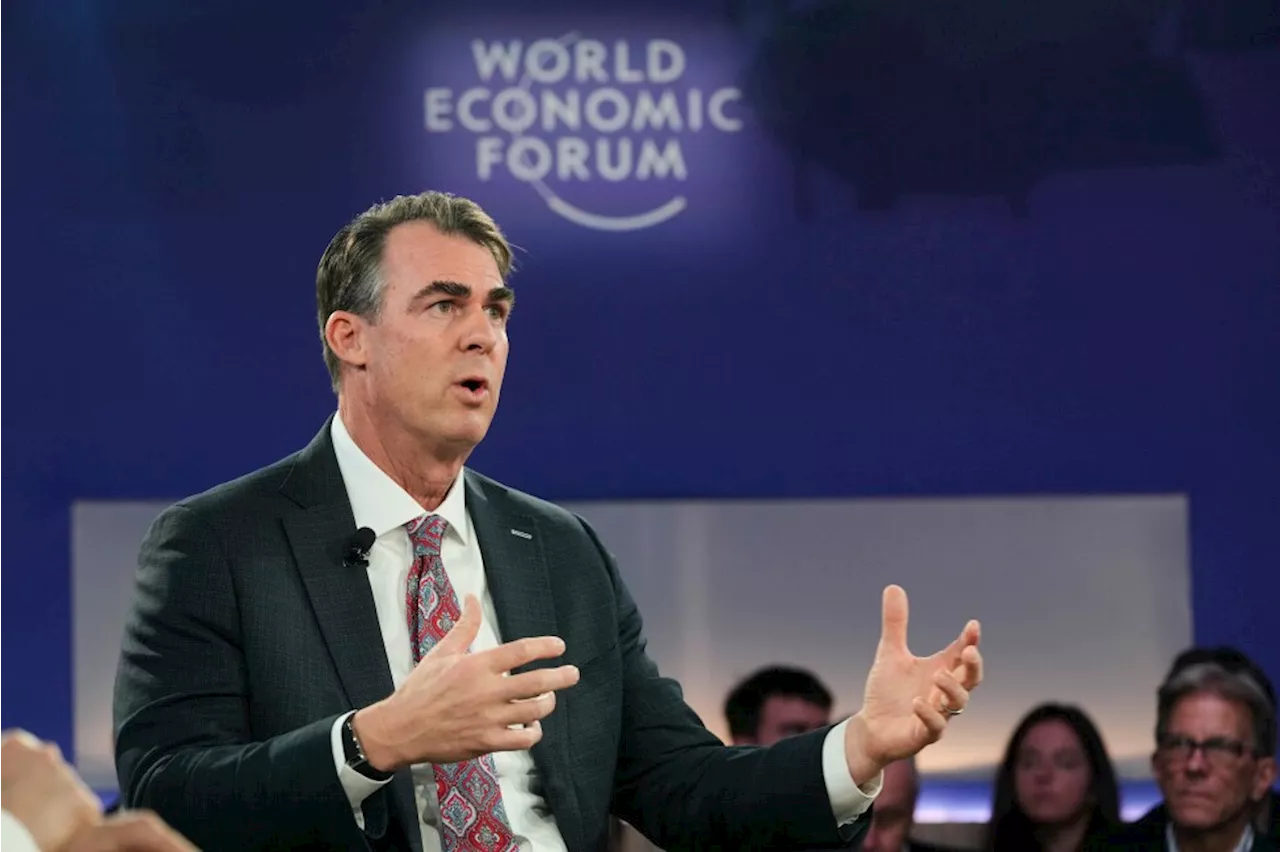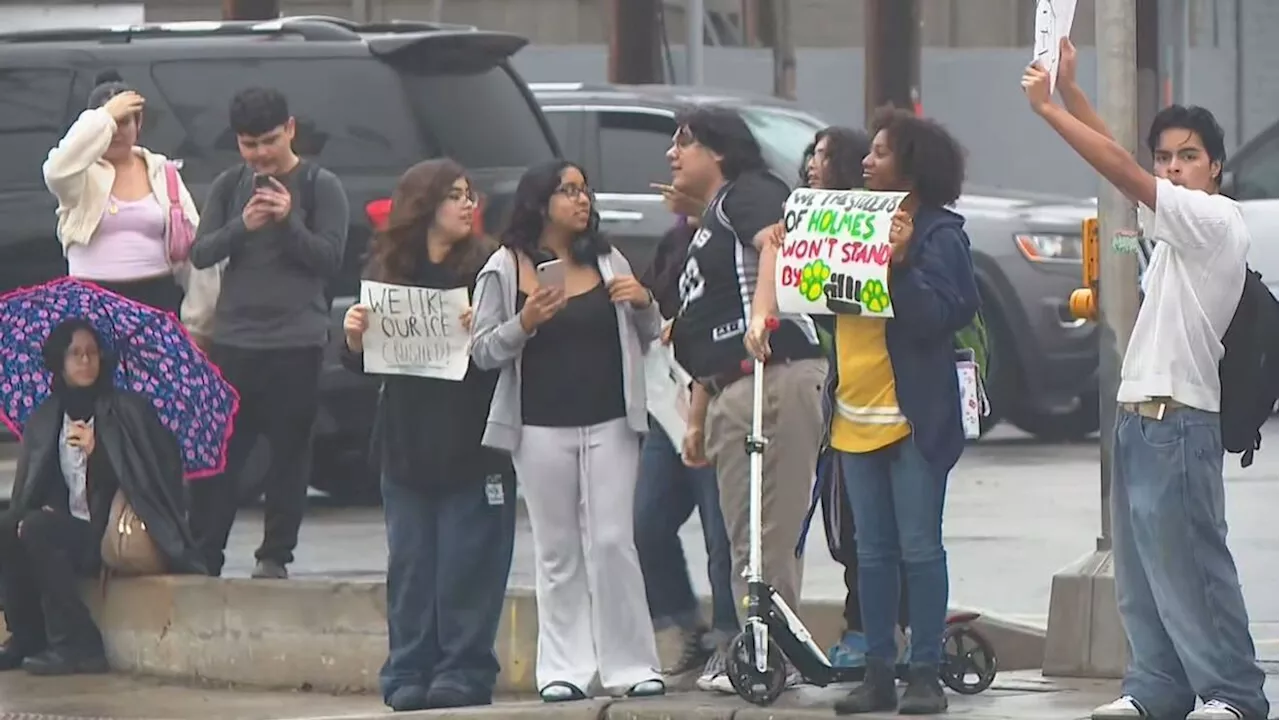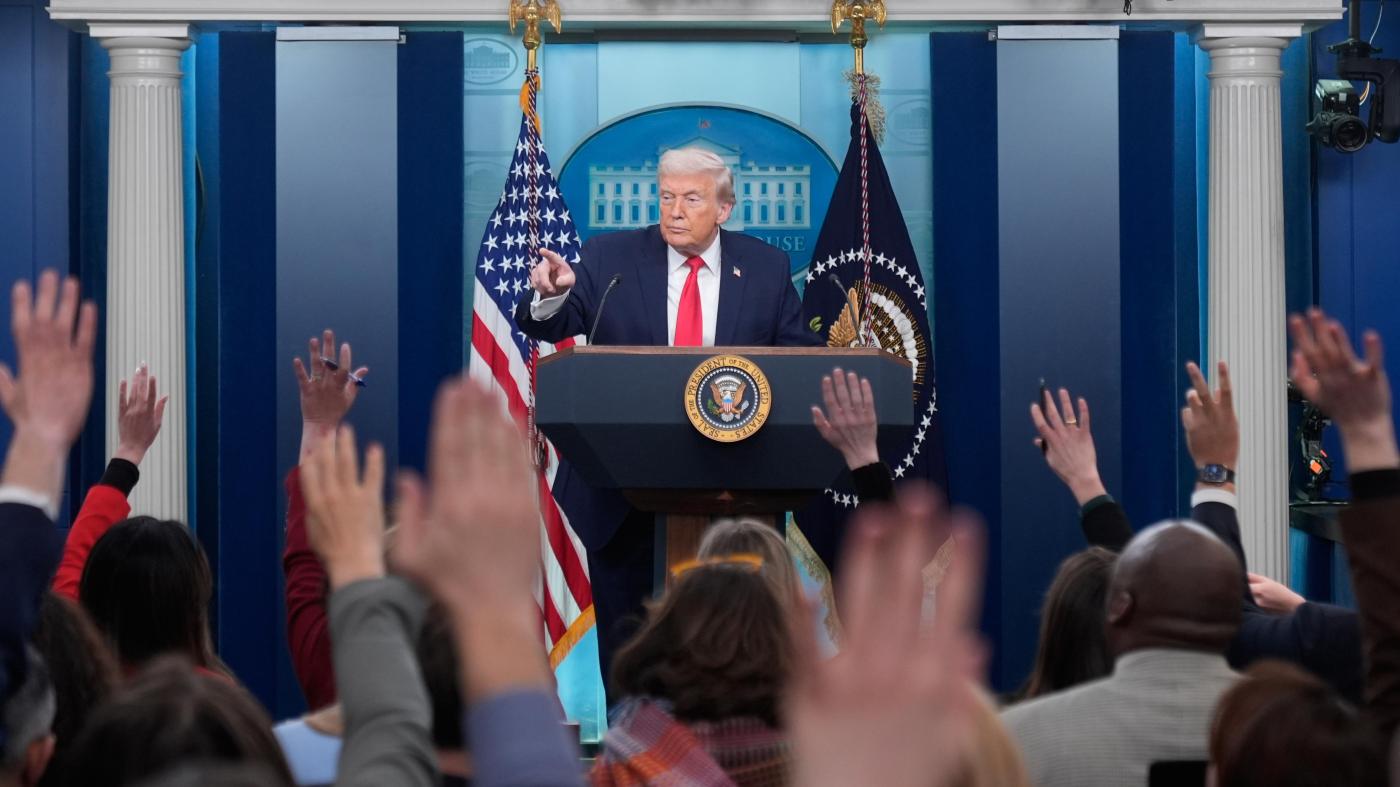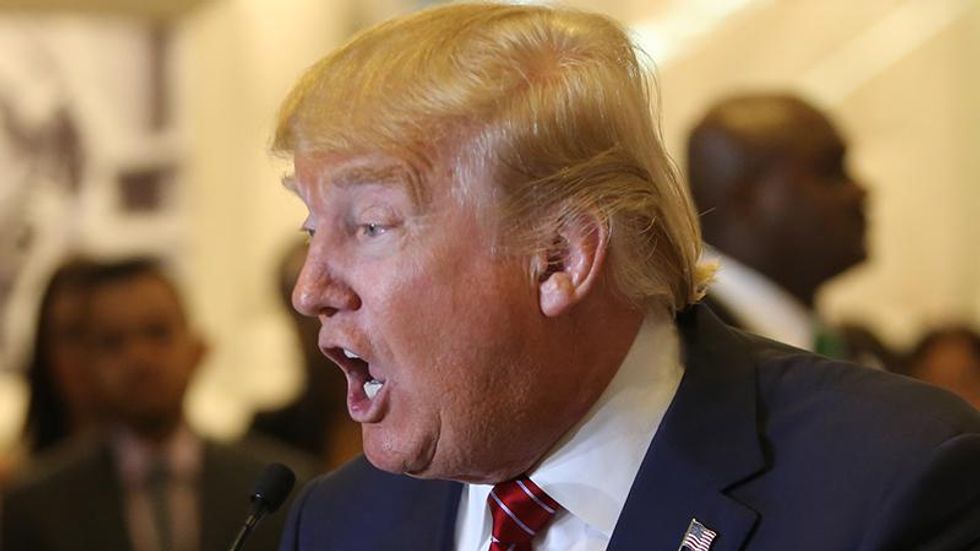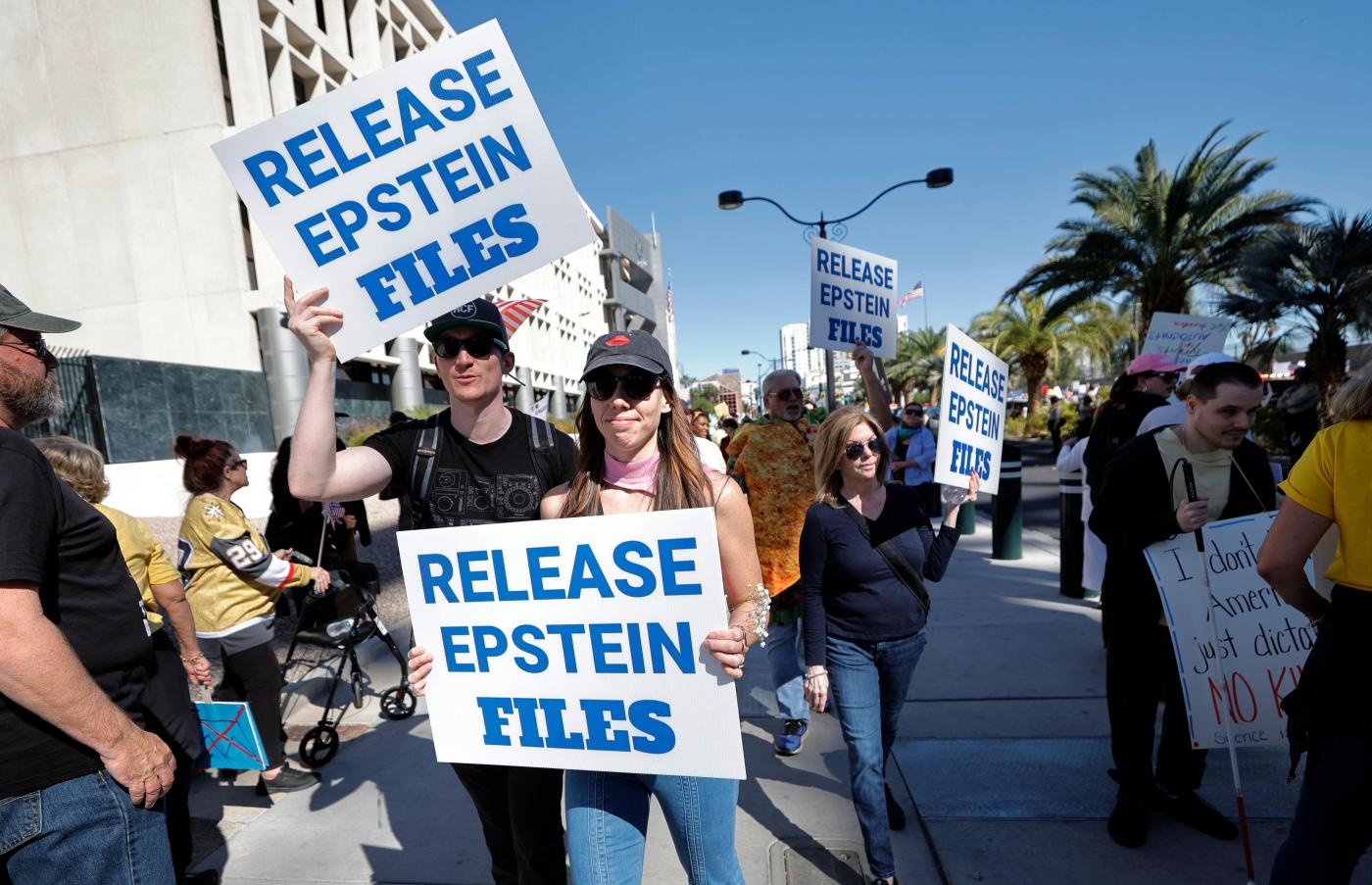Incumbent Minneapolis Mayor Jacob Frey has won re-election, defeating Omar Fateh, a Democratic Socialist and state senator, in a closely contested race that highlighted divisions within the city’s political landscape. Frey secured his third term in office through Minneapolis’s ranked-choice voting, achieving 50.03 percent of the final vote compared to Fateh’s 44.37 percent on March 5, 2024.
Frey initially led in first-choice votes by nearly 10 percentage points, but fell short of the 50 percent threshold required for an outright victory. Following the tabulation of first- and second-choice votes, Frey’s victory was confirmed, marking a significant moment in his political career. Voter turnout for this election reached a record high, with 55 percent of registered voters participating, exceeding previous municipal elections in Minneapolis.
Fateh’s Campaign and Its Impact
Fateh’s campaign represented a new wave of progressive politics, particularly appealing to the city’s large and politically active Somali community. He was characterized as the “Mamdani of the Midwest,” a reference to his New York counterpart, Zohran Mamdani. His platform included ambitious proposals to raise income taxes on the wealthy to fund what he described as “compassionate public services,” increase the minimum wage to $20 by 2028, and reform law enforcement in a city still grappling with the legacy of George Floyd’s death in 2020.
Despite his efforts, Fateh’s coalition strategy, teaming up with fellow Democratic-Farmer-Labor Party candidates Dewayne Davis and Jazz Hampton, proved ineffective. Both allies were eliminated in the first round of voting, securing only 14 percent and 10 percent of the votes, respectively. Fateh expressed his disappointment but emphasized the campaign’s broader significance, stating, “They may have won this race, but we have changed the narrative about what kind of city Minneapolis can be.”
Fateh’s loss is seen as a setback for the Somali community, which has gained increasing political visibility in recent years, particularly through figures like Ilhan Omar. Although he garnered significant support, it was not enough to overcome Frey’s established political presence.
Frey’s Challenges Ahead
As he begins his third term, Frey faces a challenging relationship with a city council that has increasingly leaned towards the progressive left. This council has previously clashed with him over various issues, including law enforcement policies and budget decisions. For instance, Frey vetoed a $1.9 billion city budget and resisted calls to abolish the Minneapolis Police Department, raising tensions with council members.
The city council successfully overrode Frey’s veto of a planned pedestrian plaza near the site of Floyd’s fatal arrest, which will be named “George Floyd Square.” This location is intended to serve as a memorial, featuring a large sculpture of a brown fist holding a pan-African flag. Frey had proposed an alternative plan to maintain some vehicular access to the area, which was rejected.
In the context of a high-stakes and evolving political landscape, Frey’s victory and the dynamics of the city council suggest ongoing debates regarding public safety, housing, and fiscal policy will remain central to Minneapolis’s governance in the years to come. As the city moves forward, both the mayor and the progressive factions of the council will need to navigate their differences to address the pressing needs of the community.

